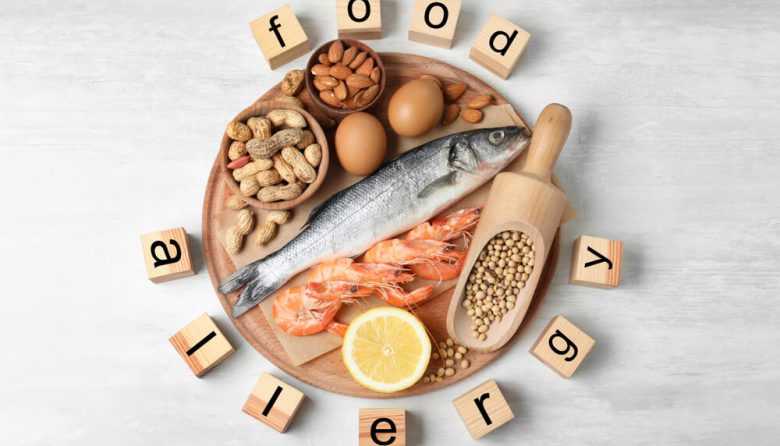What is a food allergy and what can you do about it?
Sometimes, you may not feel good after eating or drinking something. Well, there are like a ton of potential reasons – from mold on what you have consumed to an intolerance. But if you experience a scalding sensation around your mouth, tongue numbness, hives, or face swelling, you’re likely suffering from food allergy symptoms.
A food allergy is always a big deal. It occurs when your immune system, for no reason, aggressively reacts to a food protein. It considers this nutrient a threat and deploys an army of IgE antibodies to fight it off, although the substance itself causes no harm to your health.
The alarming signs of food allergies run the gamut from an itchy throat to respiratory problems. The worst thing is that they are unpredictable. Even if you develop mild symptoms after eating something you’re allergic to, this doesn’t mean they won’t worsen the next time.
What causes a food allergy?
If you have a food allergy, some protein is the culprit. Don’t get this wrong. Food proteins are not dangerous to your health themselves since everybody would have an allergy to them. In reality, only those with overactive immune responses – either because of inherited genes or secondary allergic conditions – develop it.
There are a plethora of foods that cause allergies. While you may start reacting fine to some of them as you get older, you will still have to eschew others for the rest of your life. Take a peek at the foods that are behind the majority of allergy cases:
- eggs
- cow’s milk
- soy
- fish
- peanuts
- certain fruits, such as kiwi, banana, etc.
Although these are the most common food allergies, you may also develop extreme reactions to other edibles. In some cases, however, having an itchy mouth isn’t indicative of an allergy at all. It may be an immune response to oral irritants, like pollen, that can be easily avoided by heating the food before consumption.
What to do if you have an allergy?
If you’ve been diagnosed with an allergy to some foods, you will need to change your lifestyle. This involves:
- giving up all the foods you’re allergic to
- finding alternative sources of nutrients
- looking at the labels on everything you’re about to consume
- taking food allergy medicines, like antihistamines and bronchodilators, to manage symptoms
- getting an epinephrine auto-injector for anaphylaxis-related emergencies
Avoiding food allergens is your best safety net until the cure is discovered.

